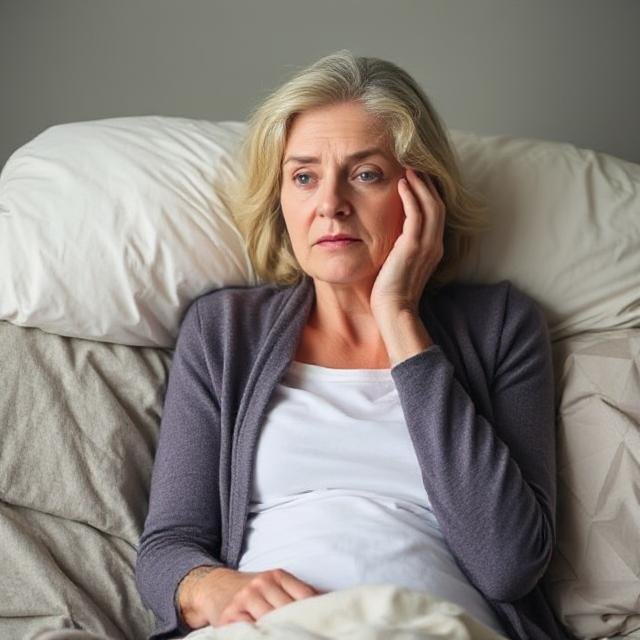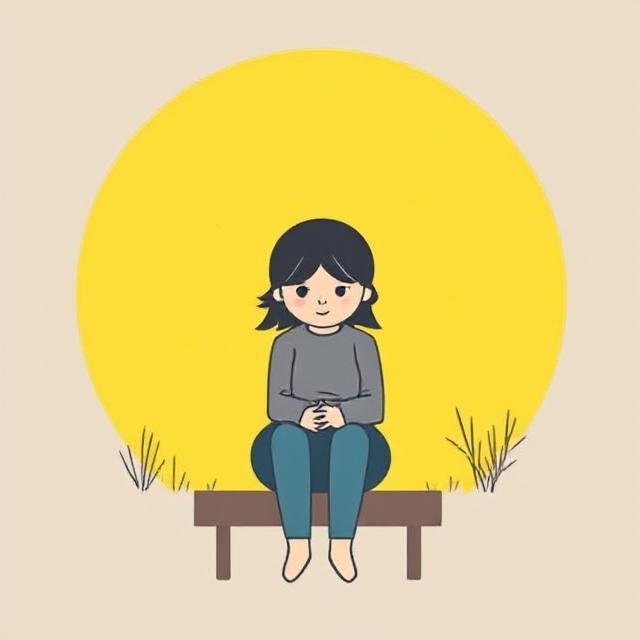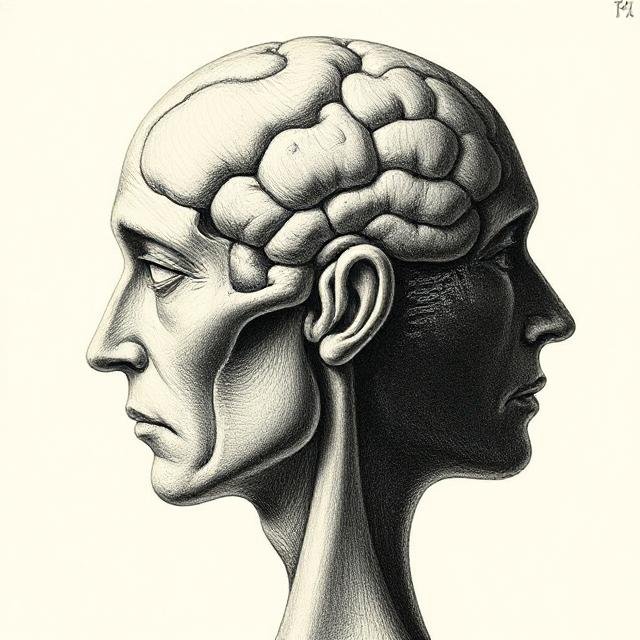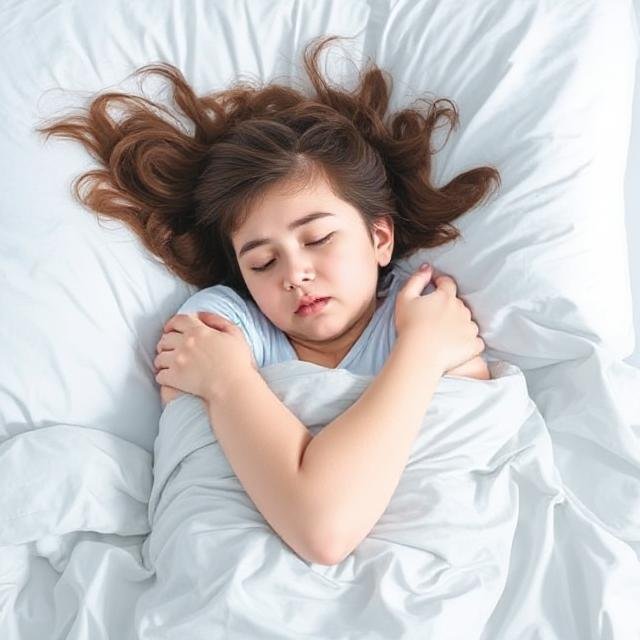Introduction
Experiencing heightened anxiety during menopause is a common concern among many women. This period, marking the end of a woman’s reproductive years, brings about significant hormonal, physical, and emotional changes that can contribute to increased anxiety levels. Understanding the underlying causes and exploring effective management strategies are crucial for navigating this phase with confidence and well-being.(New York Post)
The Hormonal Shift: Estrogen’s Role in Anxiety
One of the primary factors influencing anxiety during menopause is the fluctuation and eventual decline of estrogen levels. Estrogen plays a vital role in regulating neurotransmitters in the brain, such as serotonin and dopamine, which are associated with mood regulation. As estrogen levels decrease, these neurotransmitter systems can become less stable, leading to symptoms of anxiety and depression. (Cleveland Clinic, Verywell Mind)
Additionally, progesterone levels also decline during menopause, which can exacerbate feelings of anxiety. The balance between estrogen and progesterone is essential for emotional stability, and disruptions in this balance can lead to mood swings and heightened anxiety. (myalloy.com)
The Impact of Sleep Disruptions
Sleep disturbances are prevalent during menopause, with many women experiencing insomnia, night sweats, and frequent awakenings. These disruptions can lead to fatigue, irritability, and heightened anxiety levels. The lack of restorative sleep impairs the brain’s ability to regulate emotions, making individuals more susceptible to stress and anxiety. (Cleveland Clinic, NHS inform)
Furthermore, the hormonal changes during menopause can affect the body’s internal clock, leading to irregular sleep patterns and increased anxiety. Addressing sleep hygiene and seeking medical advice can help mitigate these effects.(Cleveland Clinic)
Cognitive Changes: Brain Fog and Memory Issues
Many women report experiencing cognitive changes during menopause, commonly referred to as “brain fog.” Symptoms include forgetfulness, difficulty concentrating, and mental fatigue. These cognitive changes can be distressing and contribute to feelings of anxiety. The decline in estrogen levels affects brain regions involved in memory and cognition, leading to these symptoms. (Wikipedia)
While these cognitive changes are typically temporary, they can be challenging to manage. Engaging in mental exercises, maintaining a healthy lifestyle, and seeking support can help alleviate these symptoms.
Emotional and Psychological Factors
Menopause often coincides with significant life transitions, such as children leaving home, career changes, or caring for aging parents. These life events can add to the emotional burden and contribute to increased anxiety. The combination of hormonal changes and life stressors can create a perfect storm for heightened anxiety levels.
Additionally, societal attitudes towards aging and menopause can impact a woman’s self-esteem and body image, further exacerbating feelings of anxiety. It’s essential to acknowledge these emotional and psychological factors and seek support when needed.
Managing Menopausal Anxiety
1. Hormone Replacement Therapy (HRT)
HRT involves supplementing the body with estrogen and, in some cases, progesterone to alleviate menopausal symptoms. Studies have shown that HRT can help reduce anxiety symptoms by stabilizing hormonal fluctuations. (My Menopause Centre)
2. Cognitive Behavioral Therapy (CBT)
CBT is a structured, time-limited psychotherapy that helps individuals identify and change negative thought patterns and behaviors. Research indicates that CBT can be effective in managing anxiety during menopause by addressing the cognitive aspects of anxiety.
3. Lifestyle Modifications
Adopting a healthy lifestyle can significantly impact anxiety levels. Regular physical activity, a balanced diet, adequate sleep, and stress management techniques such as yoga and meditation can help reduce anxiety symptoms. (My Menopause Centre, Johns Hopkins Medicine)
4. Support Systems
Engaging with support groups, either in-person or online, can provide a sense of community and understanding. Sharing experiences and coping strategies with others going through similar challenges can be therapeutic and reduce feelings of isolation.
Conclusion
Experiencing increased anxiety during menopause is a common and understandable response to the complex changes occurring in a woman’s body. By recognizing the underlying causes and exploring various management strategies, women can navigate this phase with greater ease and confidence. It’s essential to consult with healthcare professionals to develop a personalized plan that addresses individual needs and circumstances.













